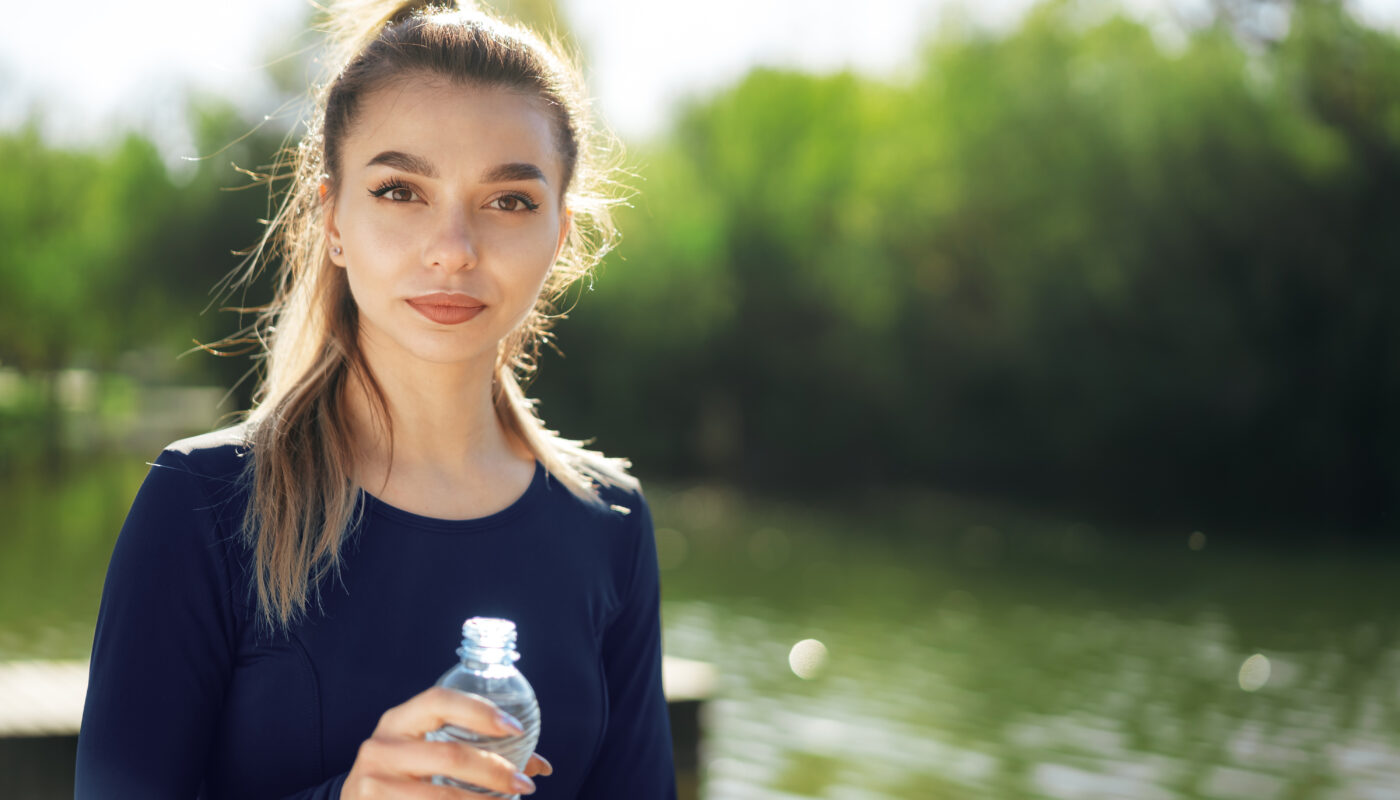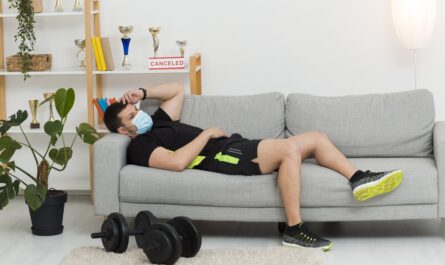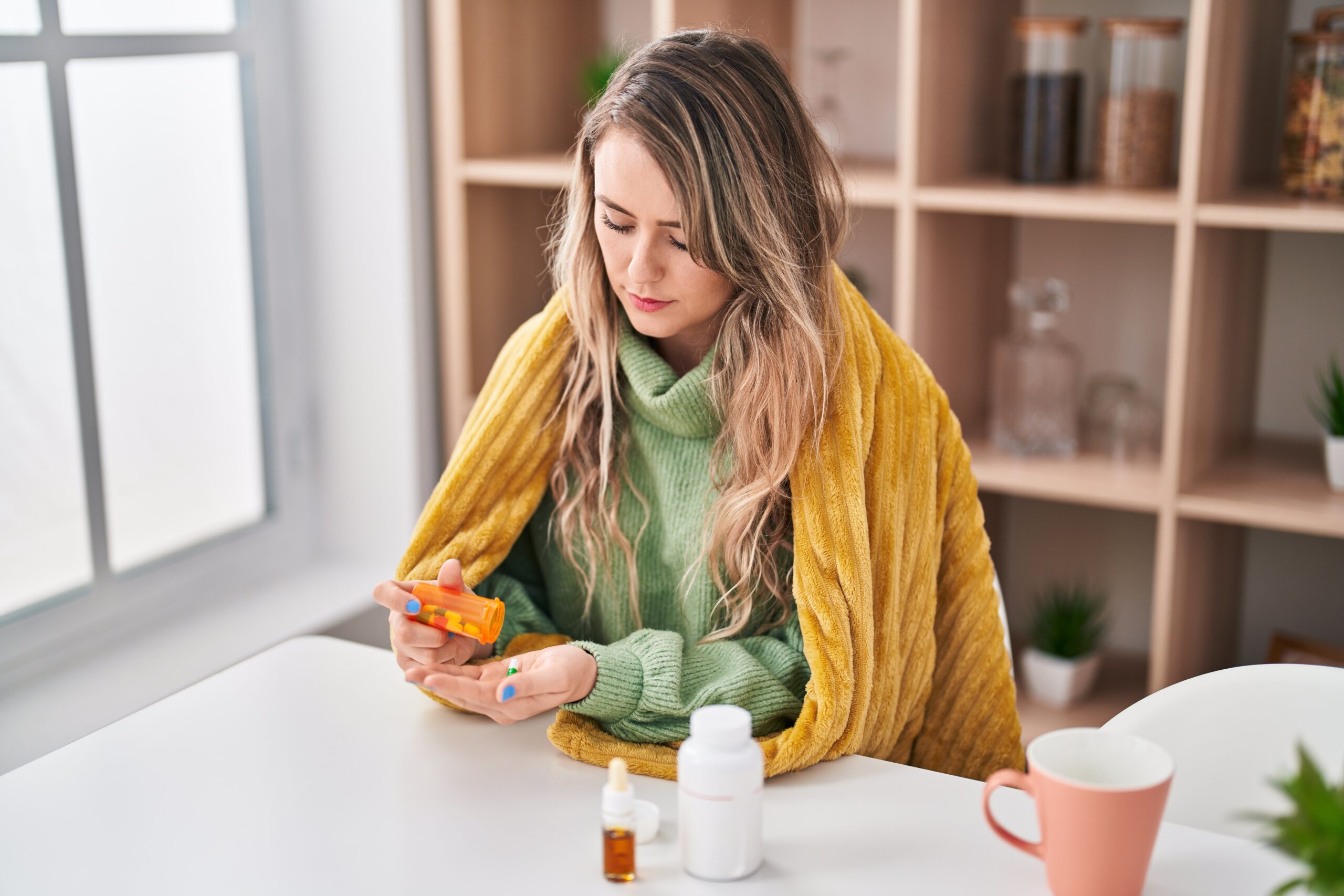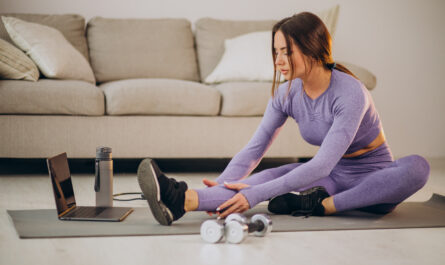Muscle cramps are an uncomfortable and often sudden experience, causing brief but intense discomfort due to involuntary muscle contractions. One major contributor to these cramps is dehydration, especially for those who are physically active or exposed to warm environments. Water plays a key role in our body’s ability to manage muscle function, and without it, the muscle tissues may begin to cramp up due to a lack of essential minerals, or electrolytes.
This article will dive into the connection between hydration and muscle function, discussing why hydration is so important, the consequences of dehydration, and practical strategies to maintain proper hydration and prevent cramps.
The Role of Hydration in Muscle Health
Muscles rely on water and electrolytes to operate smoothly. Calcium, magnesium, potassium, sodium, and other minerals that carry an electric charge are known as electrolytes. These minerals help transmit nerve signals that make muscles contract and relax properly. When the body becomes dehydrated, electrolyte levels fall out of balance, affecting muscle function and often leading to cramps.
Why Do Muscles Cramp When Dehydrated?
When water levels in the body drop, electrolytes are reduced. Low electrolyte availability prevents muscles from completing their normal relaxation and contraction cycle. This imbalance can result in uncontrolled contractions, or cramps, as well as fatigue and weakness in the affected area. Ensuring proper hydration, therefore, is not just about drinking water; it’s about supporting an electrolyte balance that helps the body maintain smooth muscle movement.
Key Causes of Dehydration-Related Muscle Cramps
Understanding the factors that contribute to dehydration is the first step in preventing it. Here are common causes:
- Intense Physical Activity: Prolonged or high-intensity exercise causes sweating, which can quickly reduce the body’s water and electrolyte levels.
- Hot and Humid Weather: Warm environments can increase perspiration, leading to fluid loss.
- Insufficient Daily Water Intake: Not drinking enough water throughout the day causes mild, often unnoticed dehydration.
- Medications: Diuretics, in particular, can lead to frequent urination, making it easier to become dehydrated.
- High Intake of Alcohol or Caffeine: Both have a diuretic effect, causing more frequent urination and dehydration if not balanced with water intake.
Effective Hydration Strategies to Prevent Muscle Cramps
With a solid understanding of why hydration matters, let’s look at the best ways to stay hydrated and avoid muscle cramps.
1. Hydrate Regularly Throughout the Day
Make it a point to drink water consistently rather than waiting for signs of thirst, which can indicate that dehydration has already set in. Carrying a water bottle can serve as a helpful reminder to drink regularly, especially during warm days or busy work schedules.
2. Include Electrolyte-Rich Foods and Drinks
While water is crucial, electrolytes are equally important for muscle function. Foods rich in essential minerals can help prevent muscle cramps and promote hydration. For example:
- Potassium: Bananas, oranges, and potatoes are high in potassium, which helps balance fluids and maintain muscle function.
- Magnesium: Found in leafy greens, nuts, and seeds, magnesium aids in muscle relaxation and energy production.
- Sodium: Small amounts of salt, like those found in soups or broths, help retain water in the body.
For intense physical activities, consider electrolyte drinks or coconut water, which can help replenish minerals and fluids lost through sweat.
3. Adjust Water Intake Based on Activity and Environment
Hot weather and strenuous exercise demand increased hydration. Active individuals should drink water before, during, and after physical activity. In warmer weather, extra hydration and possibly an electrolyte supplement are recommended to maintain balance. Monitoring your body’s signals, like thirst and fatigue, can also guide you to drink as needed.
4. Eat Hydrating Foods
Include water-dense fruits and vegetables in your meals and snacks:
- Watermelon: Over 90% water and provides hydration along with vitamins A and C.
- Cucumbers: Around 95% water, an easy addition to salads or as a crunchy snack.
- Oranges: Packed with both water and potassium, which helps maintain muscle health.
Hydrating foods not only contribute to overall fluid intake but also deliver essential nutrients that help muscles function well.
5. Moderate Diuretic Intake
Diuretic drinks like coffee, tea, and alcohol can reduce your hydration levels. Balance any caffeinated or alcoholic beverages with water to stay hydrated. Limit these beverages, especially on particularly active or hot days, to minimize dehydration.
6. Opt for an Electrolyte Drink After Heavy Workouts
Following intense exercise, replenishing lost electrolytes can reduce the risk of cramps. Sports drinks or electrolyte tablets dissolved in water can help replace lost sodium, potassium, and magnesium. Be mindful of sugar content and look for low-sugar options for better hydration.
7. Keep Track of Hydration Through Urine Color
An easy way to monitor hydration is by checking urine color. A pale yellow color indicates adequate hydration, while darker shades suggest a need for more fluids. This method is a simple and immediate gauge to adjust your water intake throughout the day.
8. Don’t Wait Until Nighttime
If you’re particularly active, drinking plenty of water earlier in the day can help prevent nighttime cramps, which are often caused by dehydration. Keep a glass of water nearby but avoid excessive drinking right before bed to prevent frequent bathroom trips.
Remedies for Dehydration-Related Muscle Cramps
Despite best efforts, cramps may still occur. Here are some remedies:
- Stretch the Affected Muscle: Gentle stretching can provide quick relief by relaxing tense muscle fibers.
- Apply Heat or Massage the Muscle: A warm compress or gentle massage increases blood flow, easing pain and muscle tension.
- Drink Water or an Electrolyte Solution: If the cramp is due to dehydration, replenish fluids immediately.
- Move Around: Light movement can engage other muscle groups, helping relieve tension in the cramping area.
When to See a Healthcare Professional
Most muscle cramps related to dehydration can be managed with home remedies and better hydration habits. However, if cramps are severe or happen frequently despite proper hydration, it’s wise to consult a healthcare provider. Persistent cramps could indicate an underlying health issue such as nerve damage or circulation problems that may require medical attention.
Conclusion
Hydration plays a vital role in muscle function and can prevent painful cramps by maintaining the balance of electrolytes in the body. By drinking water consistently, balancing fluids with electrolytes, and adjusting for activity level and environment, muscle cramps related to dehydration can be largely avoided.
Preventing muscle cramps involves more than just drinking water; it’s about supporting the body’s complex system that relies on balanced minerals and nutrients. Implementing these hydration strategies can promote muscle comfort, reduce cramping episodes, and support overall physical health.



